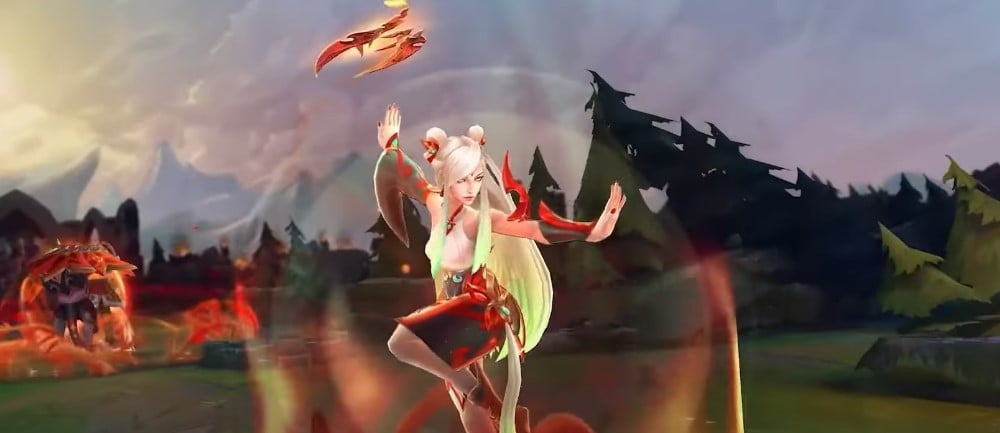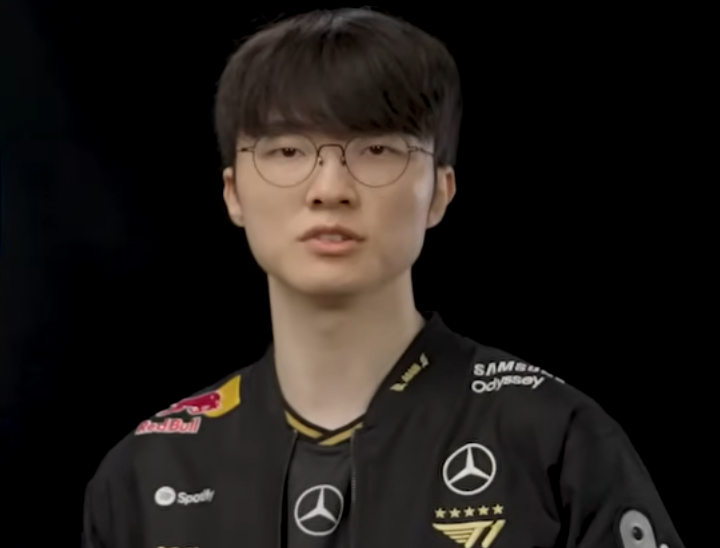League of Legends (LoL) is a popular multiplayer online battle arena (MOBA) game that has been around for over a decade. The game has a ranking system that determines a player's skill level and matches them with players of similar rank to ensure fair and competitive gameplay. In 2025, the ranking system remains largely the same, with a few tweaks to improve the overall experience.
UPDATED IN 2025 FOR SEASON 15.
The ranking system in LoL is divided into nine tiers: Iron, Bronze, Silver, Gold, Platinum, Diamond, Master, Grandmaster, and Challenger. Each tier, except for Master and above, is further divided into four divisions, with division I being the highest and division IV being the lowest.

In 2024, players can only queue up with teammates who are within one tier of their own rank. For example, if you are a Gold player, you can only queue up with players who are in Silver, Gold, or Platinum tiers. This rule applies to all game modes, including ranked solo/duo, ranked flex, and normal games.
The Importance of Rank Restrictions
Rank restrictions are an essential part of the League of Legends ranking system. They ensure that players are matched with teammates and opponents of similar skill level, which leads to more balanced and competitive games. Without rank restrictions, high-ranked players could easily stomp lower-ranked players, leading to frustration and a poor gaming experience for everyone involved.
How Rank Restrictions Work
As mentioned earlier, players can only queue up with teammates who are within one tier of their own rank. This means that if you are a Gold player, you can only queue up with players who are in Silver, Gold, or Platinum tiers. However, there are a few exceptions to this rule.
If you are in a premade group of five players, you can queue up with players who are within two tiers of your own rank. This allows friends of varying skill levels to play together, as long as they are all in the same premade group. However, it's important to note that even if you are within the allowed rank range, the matchmaking system will still try to match you with opponents of similar skill level to your team's average.
Another exception is for players who are in Master tier or above. These players can only queue up with other players who are also in Master tier or above, regardless of whether they are in a premade group or not. This is because the skill level of players in Master tier and above is considered to be significantly higher than that of players in lower tiers.
The Benefits of Playing with Similarly-Ranked Teammates
Playing with teammates who are of similar skill level to you can have many benefits. For one, it leads to more balanced and competitive games, as everyone on your team is on a relatively even playing field. This can make the game more enjoyable and rewarding, as you aren't constantly being stomped by higher-ranked players or carrying lower-ranked players.

Playing with similarly-ranked teammates can also help you improve your own skills. When you are matched with players of similar skill level, you are forced to play at your best and constantly adapt to the challenges presented by your opponents. This can help you identify areas where you need to improve and give you the opportunity to practice and refine your skills.
The Drawbacks of Playing with Higher or Lower-Ranked Teammates
While playing with similarly-ranked teammates has its benefits, playing with teammates who are significantly higher or lower in rank than you can have its drawbacks.
If you are a lower-ranked player playing with higher-ranked teammates, you may find yourself struggling to keep up with the pace of the game. Higher-ranked players tend to have better mechanics, game knowledge, and decision-making skills, which can make it difficult for lower-ranked players to contribute to the team. This can lead to frustration and a feeling of being carried by your teammates.
On the other hand, if you are a higher-ranked player playing with lower-ranked teammates, you may find yourself having to carry the team to victory. While this can be a good opportunity to practice your carry potential, it can also be frustrating if your teammates are constantly making mistakes or failing to follow up on your plays.

To sum up, the rank restrictions in League of Legends are an essential part of the game's ranking system. They ensure that players are matched with teammates and opponents of similar skill level, leading to more balanced and competitive games. While there are some exceptions to the rank restrictions, such as for premade groups and high-ranked players, they are in place to maintain the integrity of the ranking system and provide a fair and enjoyable gaming experience for all players.


